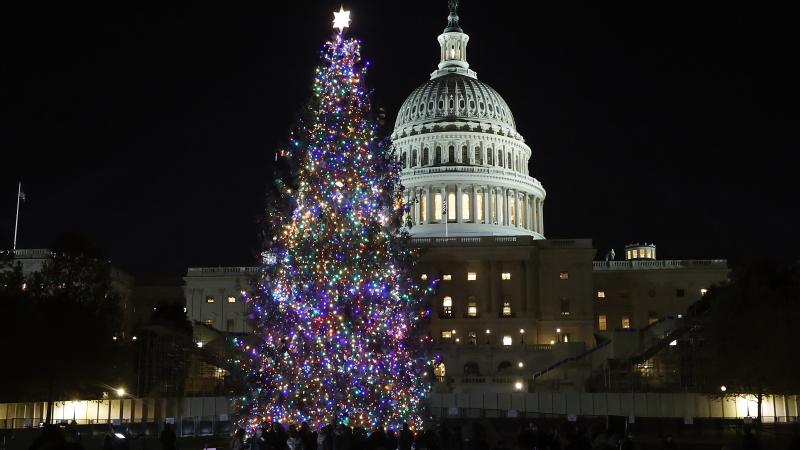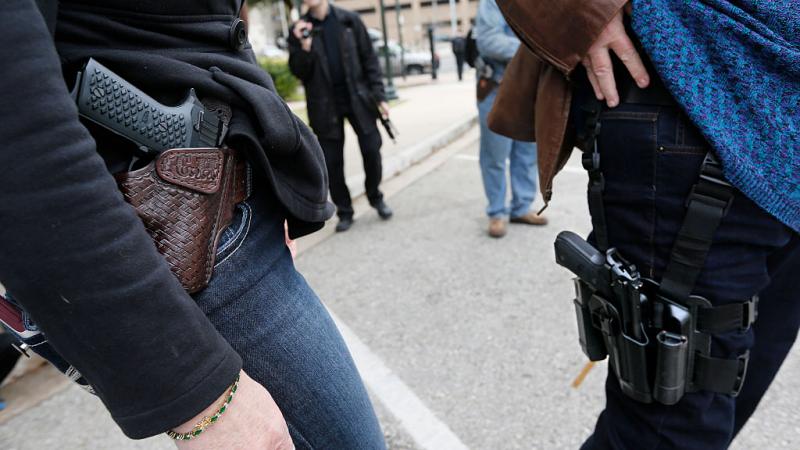ICE, Oklahoma Highway Patrol arrest 120 illegal immigrants, 91 with a commercial driver's license
The top five states that the CDLs came from were California at 44, New York at 14, Pennsylvania at 12, Illinois at 11, and New Jersey at 3
U.S. Immigration and Customs Enforcement and the Oklahoma Highway Patrol in a late-September operation arrested 120 illegal immigrants, including 91 who were operating a commercial vehicle with the required license.
ICE and OHP carried out an operation from Sept. 22 to 25 along I-40 in western Oklahoma to disrupt criminal activity and threats to public safety, the federal agency announced Tuesday.
During the operation, OHP made roughly 520 contacts, and ICE assisted by running records checks on foreign-born nationals that the state police encountered while performing normal patrol duties.
Twenty-seven of those arrested during routine traffic stops were in passenger vehicles, and two were arrested from a nearby marijuana grow operation.
Prior convictions among those arrested include DUIs, illegal reentry into the U.S., money laundering and human smuggling.
Of those arrested with CDLs, 80 of them were in the U.S. via illegal entry or humanitarian parole, a pending asylum claim or immigration hearing.
The three countries of origin that had the most illegal immigrants with CDLs were India at 39, Uzbekistan with 13, and China at 12.
The top five states that the CDLs came from were California at 44, New York at 14, Pennsylvania at 12, Illinois at 11, and New Jersey at 3.
The countries of citizenship of the illegal immigrants who were arrested without CDLs were Mexico at 15, Guatemala at 10, China at 3, and Cuba at 1. A total of 23 of them entered the U.S. between 2020-2024.
“ICE’s 287(g) program clearly demonstrates how federal and local law enforcement agencies can work together to make America safe again,” ICE Deputy Director Madison Sheahan said.
“Illegal aliens have no business operating 18-wheelers on America’s highways. Our roads are now safer with these illegal aliens no longer behind the wheel. We encourage more state and local law enforcement to sign 287(g) agreements to help remove public safety threats and receive reimbursement funds available to our law enforcement partners.”














